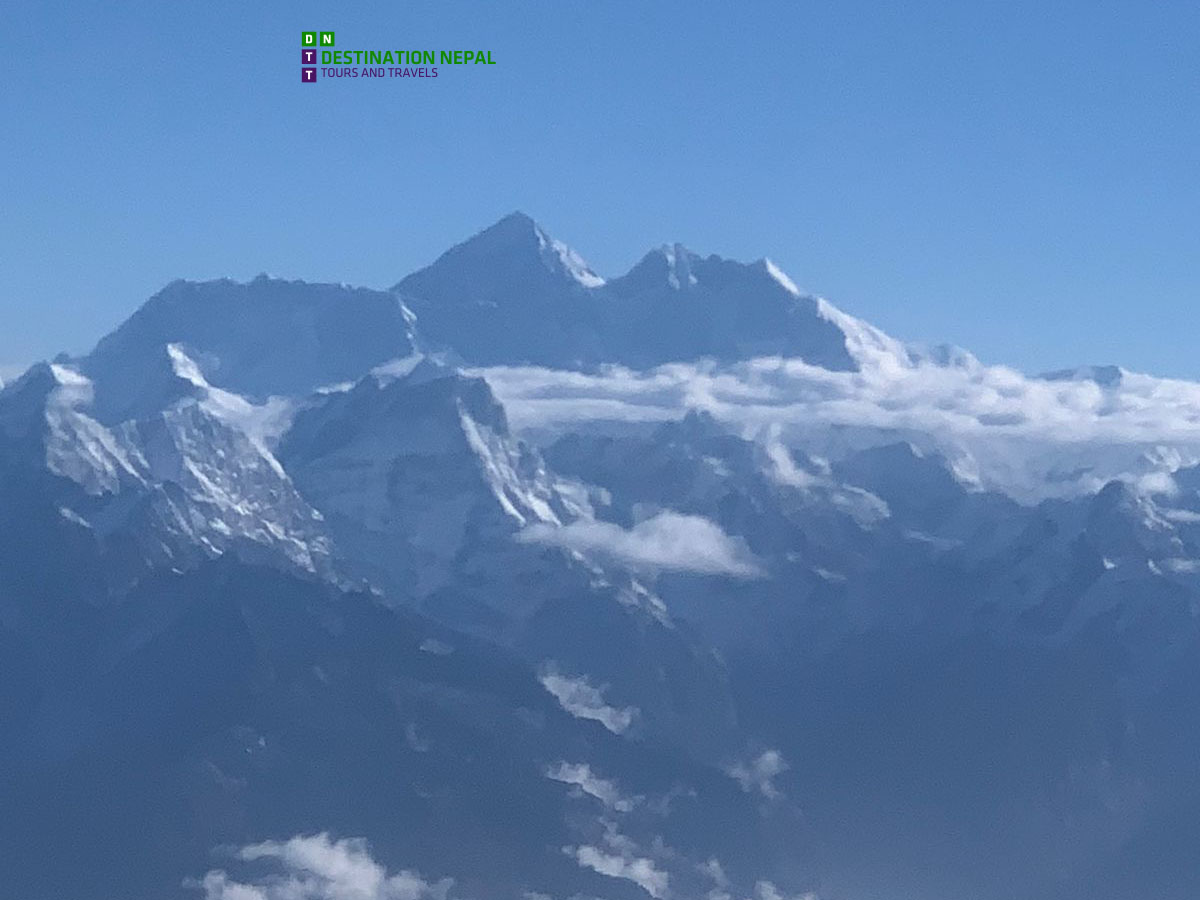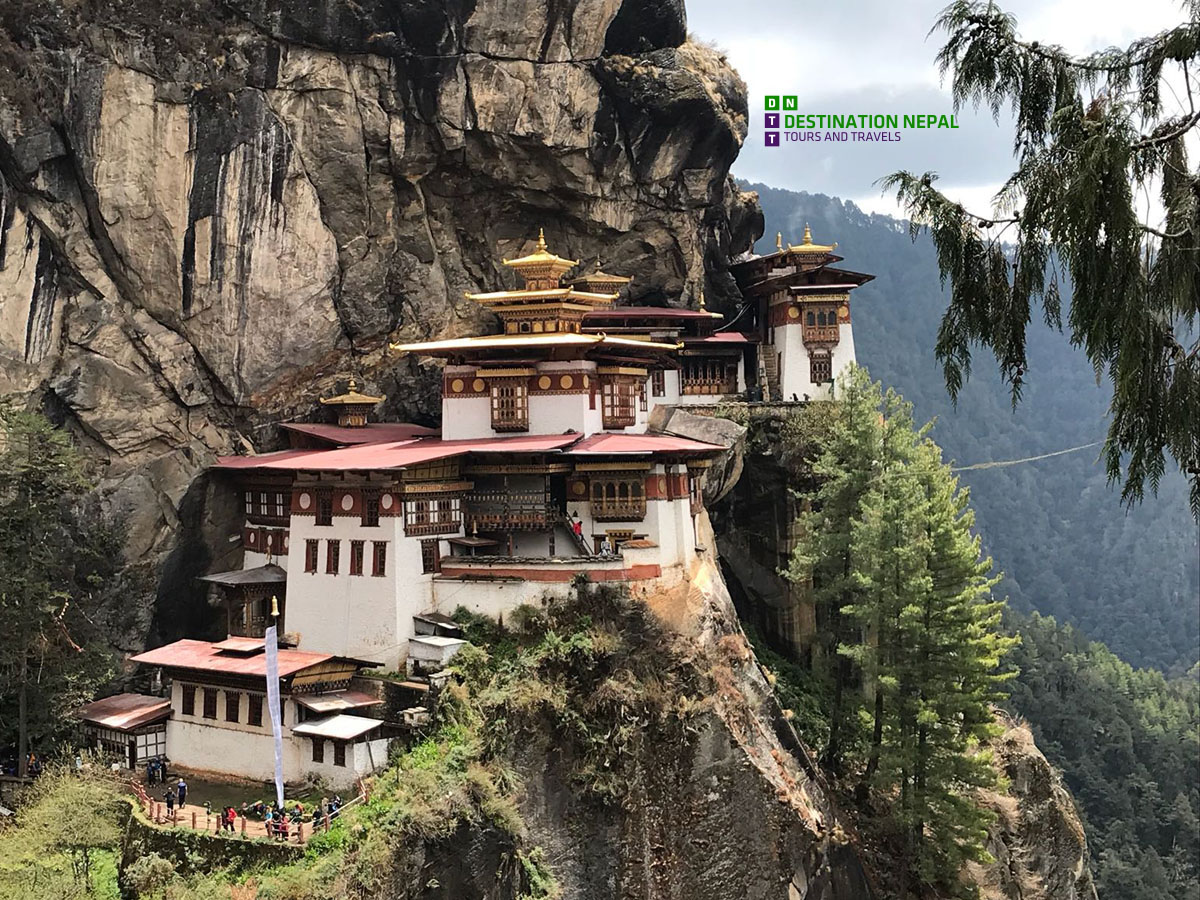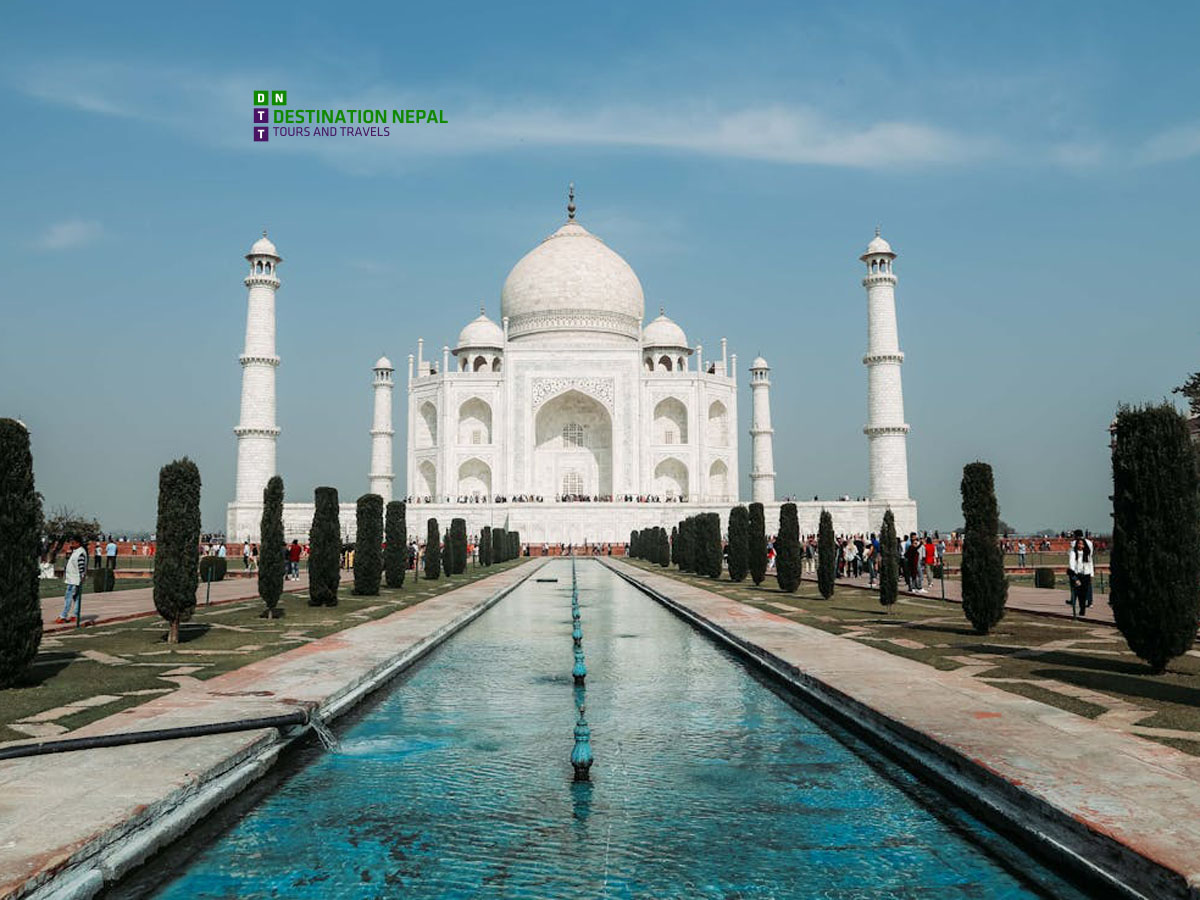Festivals of Bhutan
Religious festivals are given prime importance in the Buddhist world. Festivals commemorate the deeds of Buddha, or those of the great masters of the past associated with one Buddhist tradition or another. The main Buddhist traditions in Bhutan are Drukpa, a subsect of the Kagyupa School of Tibetan Buddhism, and the Nyingmapa School which is mostly practiced in the east of Bhutan.
Tshechus
Tshechus are festivals celebrated with great fanfare in each district on an annual basis. Tourist are also welcomed during the period . These religious festivals are held by most Dzongs and monasteries and pay homage to Guru Rinpoche, who introduced Buddhism to Bhutan. The Tshechus feature dances (most of which are performed by monks) which bring blessings on the onlookers as well as instructing them about Buddhism. They usually take place on or around the 10th day of the month according to the lunar calendar and the normal duration for a Tshechu is three days
Festival Etiquette
Festivals are religious ceremonies and are held on consecrated ground, therefore it is important that respectful conduct be adhered to during these festivals. Please be mindful that the dancers are in a state of meditation; they are assuming the personas of the deities that they are representing. The Tshechu dances bless the people present and also instruct them in Buddhist dharma.
Things to be mindful of are that the dance ground is not a place to drink or smoke, talk too loudly or laugh loudly at inappropriate times. While photography is permitted care should be taken not to intrude upon the dance space as well as to respect local sentiment. Don't be scared of doing everything wrong, just practise common courtesy when attending the festival and in particular when photographing the dancers or onlookers.
Please remember that Bhutan's festivals are not entertainment held as tourist attractions, but are practised as part of an ancient religious tradition. At present outsiders are allowed to attend, however disrespectful behaviour has in the past lead to dismay from the local population as well as criticism. In order to maintain the policy of tourists being allowed to visit Bhutan's festivals, everyone must be mindful of practising common courtesy and that this is a priviledge which can be removed if local people are offended.
Dress Code
During festivals,all Bhutanese will dress in their finest clothes.The dress code for visitors should also be formal. Full sleeved shirts and long trousers should be worn by men, with women wearing the same or full length dresses (with long sleeves). For men, ties are not necessary and jackets are optional. Inside Dzongs and monasteries hats are not permitted as a rule.
APPROXIMATE FESTIVAL DATES:
| Early March - Punakha Dromche & Tsechu (Punakha) | Mid March - Chorten Kora (Trashiyangtse) |
| Early April - Gomkora (Trashigang) | Early April - Chhukha Tsechu (Chhukha) |
| Early April - Paro Tsechu (Paro) | Early May - Ura Yakchoe (Bumthang) |
| Late June/early July - Nimalung Tsechu (Bumthang) | Early July - Kurjey Tsechu (Bumthang) |
| Late September - Wangdue Tsechu (WangduePhodrang) | Late September - Tamshingphala Choepa (Bumthang) |
| Late September - Thimphu Drupchen (Thimphu) | Late September - Thimphu Tsechu (Thimphu) |
| Early October - Tangbi Mani (Bumthang) | Early November - Jambay Lhakhang Drup (Bumthang) |
| Early November - Prakhar Duchhoed (Bumthang) | Late November - Mongar Tsechu (Mongar) |
| Late November - Trashigang Tsechu (Trashigang) | Late December - Trongsa Tsechu (Trongsa) |
| Late December - Lhuntse Tsechu (Lhuntse) |
National Holidays
2 June - Coronation Day
11 November - King’s Birthday
17 December - Bhutan National Day




